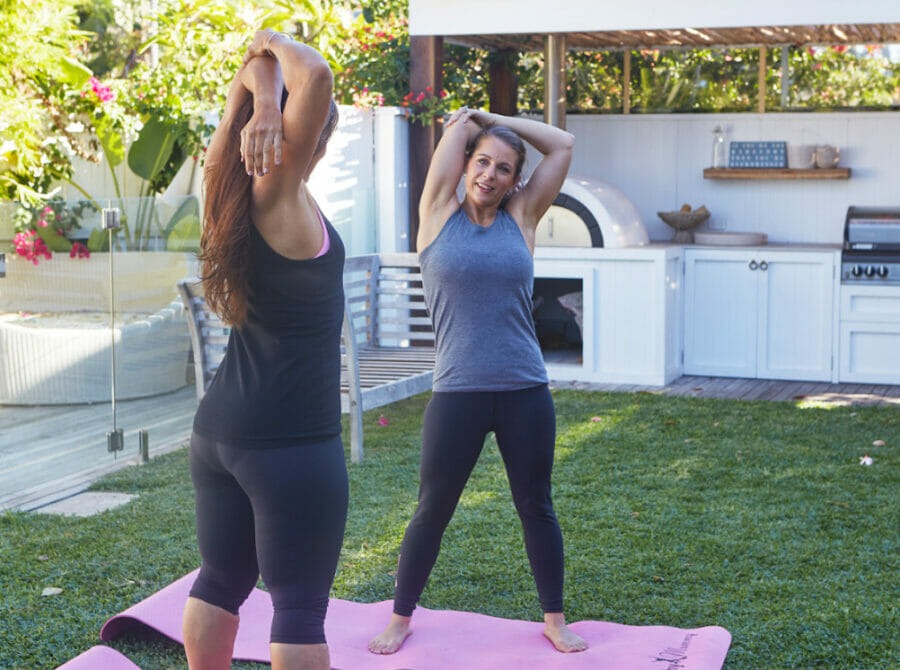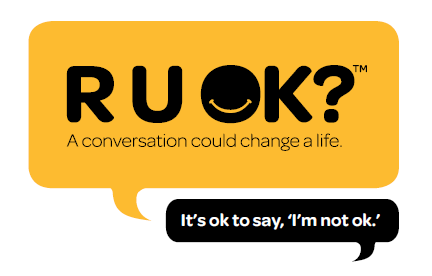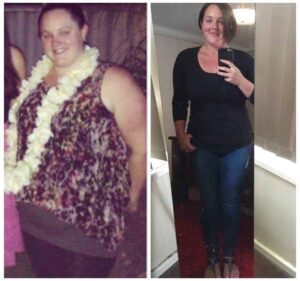Tips on how to ask R U Ok? …. from our community to yours
We conducted a survey where we asked over 1,800 real mums from our community for their tips to stay connected with those close to you.
For many of us we have found ourselves or those close to us suffering with feelings of isolation, loss of control and perhaps feelings of despair that can lead to your mental health becoming a serious issue.
We asked; “Do you have any tips on how to keep the connection open with a friend, family member or even a stranger you think might be struggling?”
We found that there are three re-occurring suggestions from our survey:
- Trust your gut/intuition: if you feel yourself or a friend is suffering in silence with an issue you should trust yourself to try to help or seek help.
- Ask “R U OK”: ask the question sensitively and authentically until you are satisfied that everything is OK.
- Listen and don’t give up: actively listen and understand and find a way to be there for that friend in need.
We had so many excellent tips from real mums to help you reach out to someone who might need your help ……..
“Being available” – Lisa Sayer
“Just be there let them know you’re always there to talk.” – Jayde Wellington
“Just reach out, that simple act can have a profound effect.” – Natalie Delaps

“Talk about your own struggles a little and thank them for listening, that it has helped they might be more comfortable with opening up to you from there.” – Charmaine Ellis
“Less social media more real life connection.” – Renee Symes
“Tell them the changes you have noticed in them to start a conversation. Sometimes i don’t think people are aware of it.” – Te Pine Aroha Pearson
“Remain approachable and let them know that even though you may seem busy all the time, you have time for them.” – Jessica Davis
“If you notice a change in them, ask. Talk with them, sometimes people aren’t forthcoming so make it less full on – chat while driving or walking, go for a drink or fishing, kicking the footy, anything to take the pressure off.” – Lia Matthews
“Just reach out and ask, as sometimes people can feel desperately alone (especially Mums, who are expected to have it all together). It doesn’t have to be those words specifically but just start a conversation and check in with them.” – Kimberley Soltyszewski

“Be available, be empathetic and understanding. Listen and be present with that person. Also following up – be reliable and trustworthy – loyal.” – Tiffany Van Gemeren
“I think the important thing is to be genuine when you ask. You need to be 100% available. You need to have time. Kylie Parsonson
If you think there is a serious worry that they need help, book an appointment with a GP for them. Sometimes it is that first step that is the hardest. NOTE: Ensure you keep the communication line open, especially if you feel they are trying to shut others out. Even if they are mean/rude/distant/unwelcoming, keep showing up.” – Penelope Colman
“Continue to be available. Spend time with them, even if they may be less fun right now.” – Clare
“Get out of your own bubble and be aware of the people around you.” – Sarah Dart
“Take note! Notice if someone is quiet or seeming to not check in/be around as much. Notice if someone is seeming controlled by someone else. Above all, ask if your friends are ok and actually listen. Really listen.” – Danielle Reeve-Fowkes
“If your gut instinct tells you something is off – check in with them/talk to them or those closest to them/follow up. Speak up! It’s the only way.” – Melissa Powell

“Showing empathy, genuine interest and reminding them that they are loved. And by asking those 3 simple words … ARE YOU OK?” – Amanda Oliver
“Be honest. Don’t shut yourself away even if it’s a text every few days. I will ask if they are ok, or even just come over and help with their housework if they are feeling overwhelmed.” – Jessica Newman
“Keep asking.” – Rachael James





